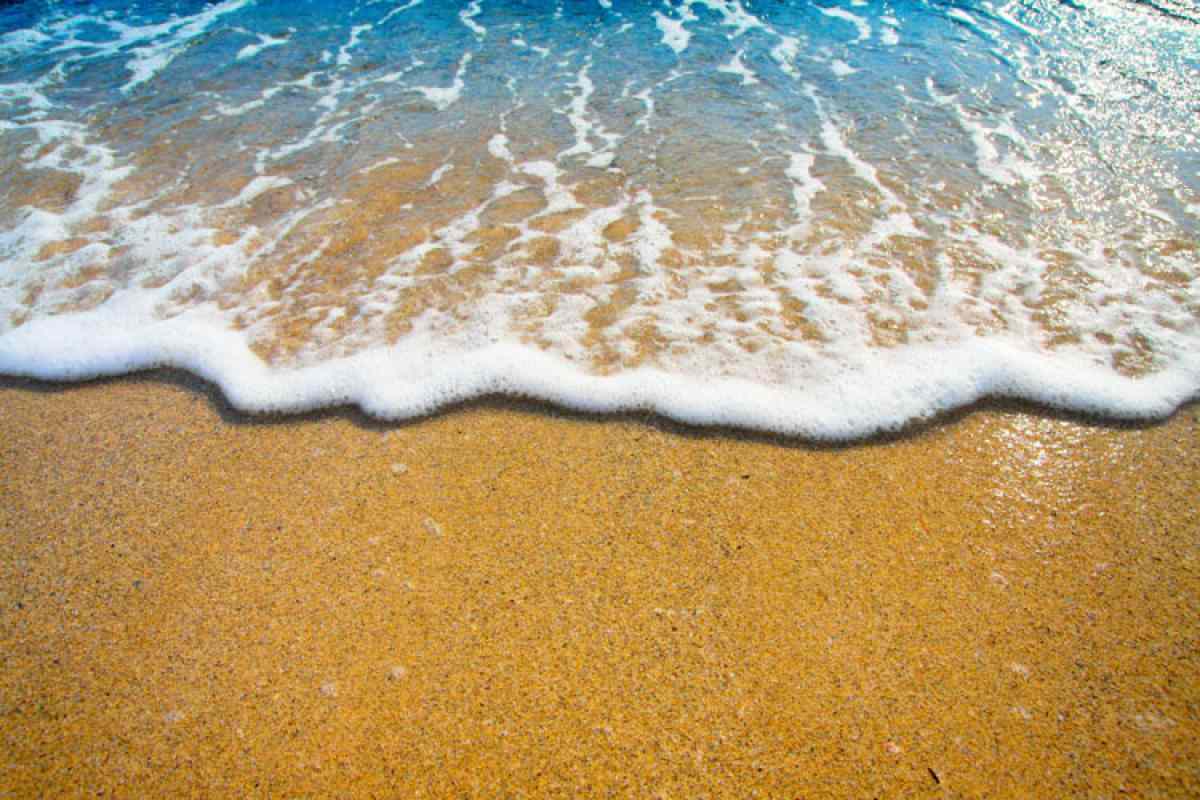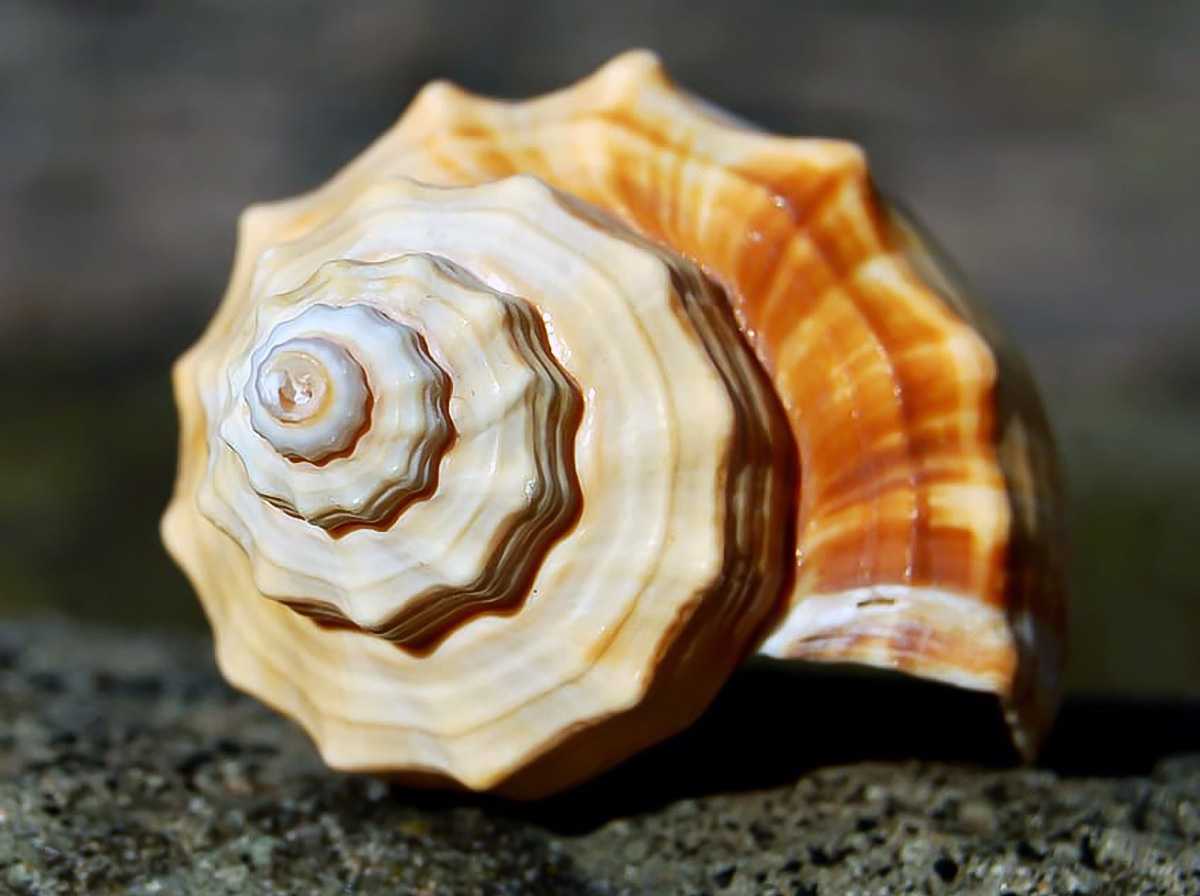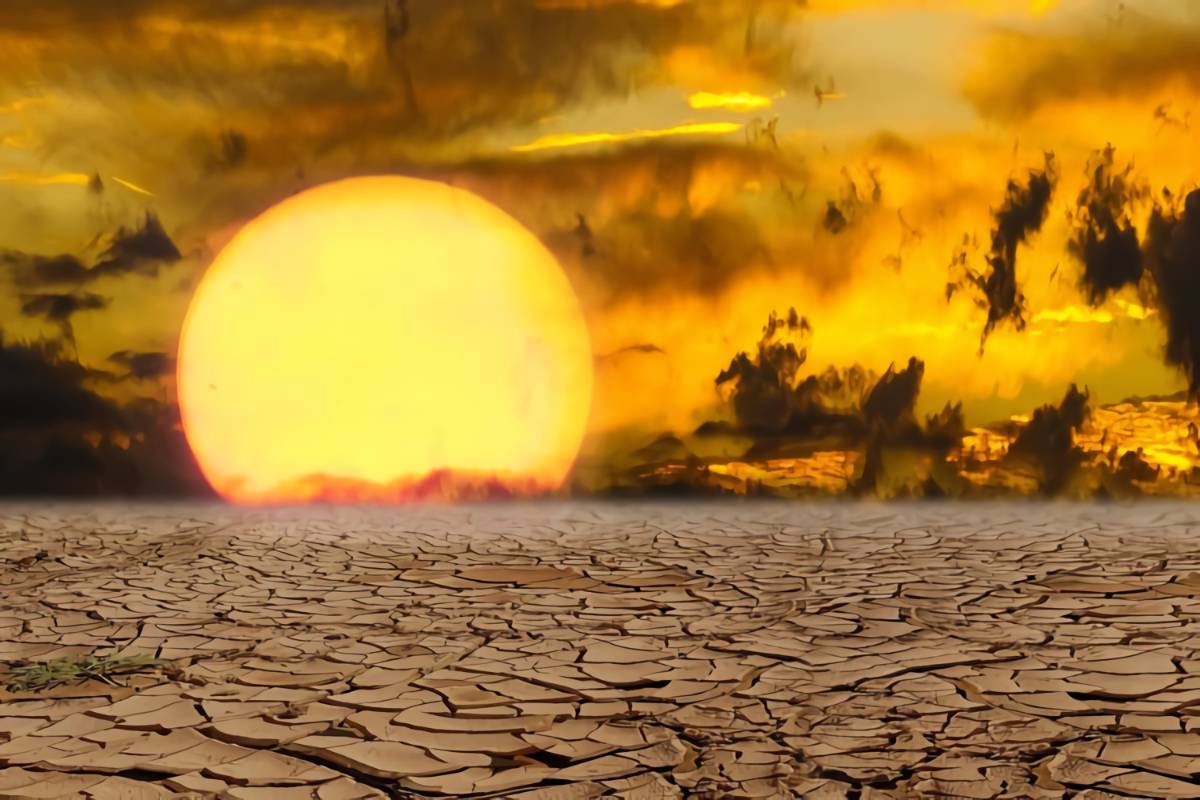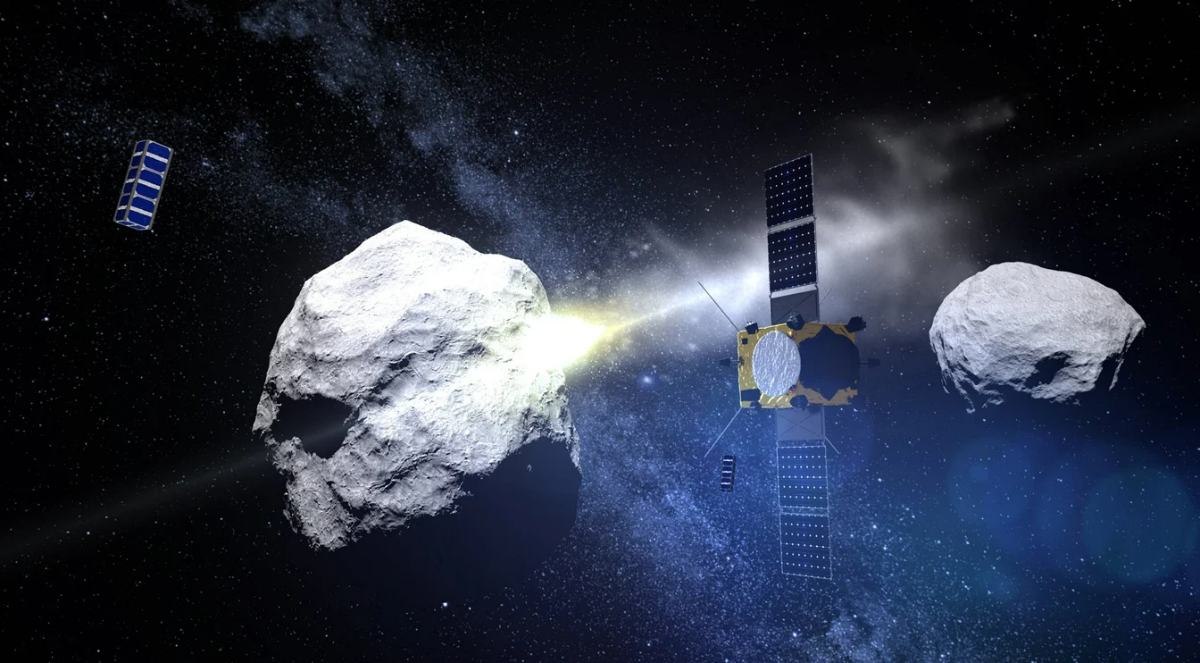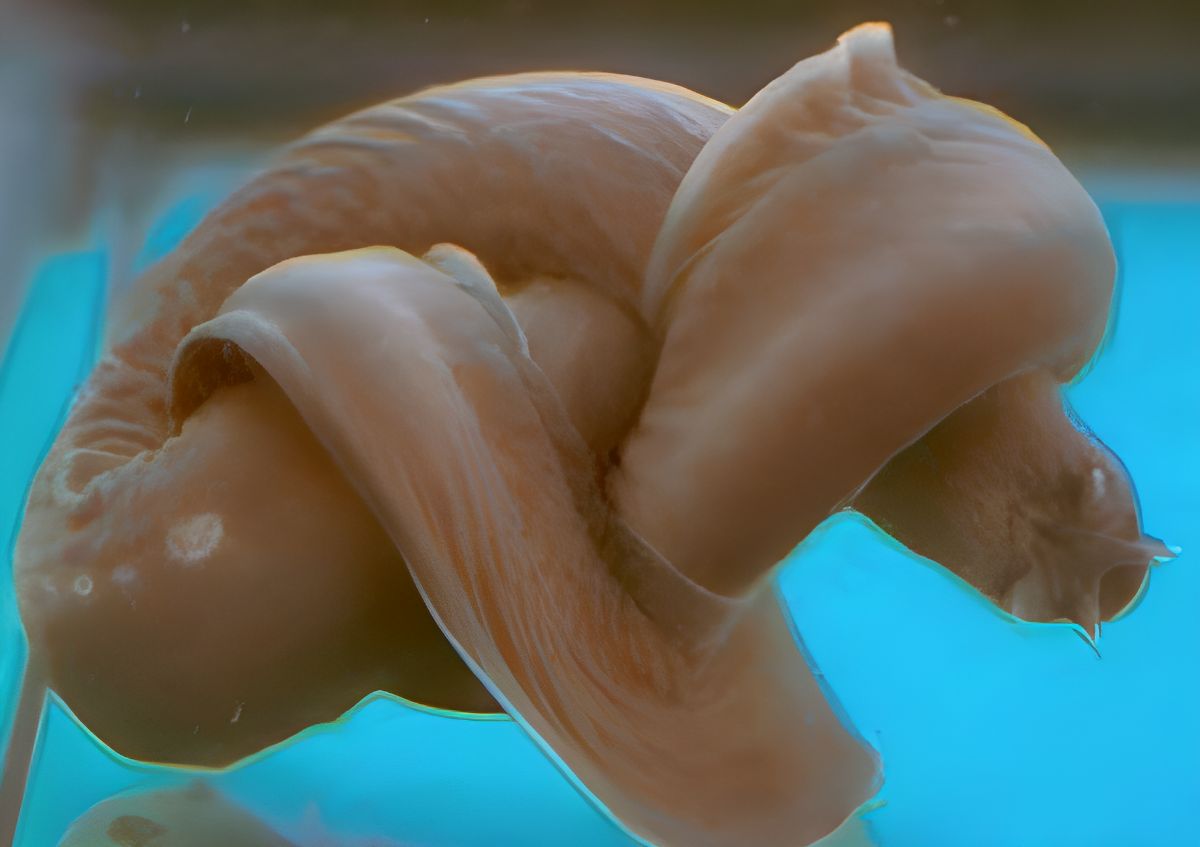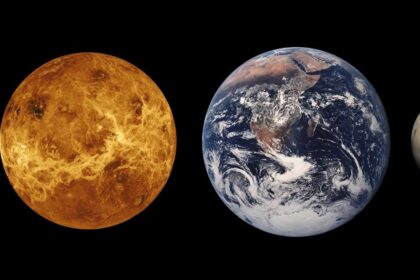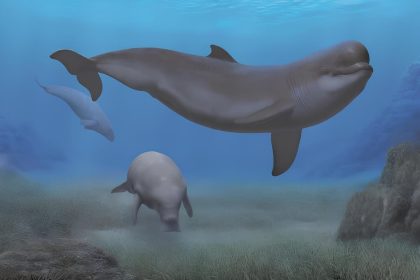When you think of a trip to the beach, images of the soothing sounds of the ocean, the warmth of the sun, and the experience of walking barefoot on the smooth sand likely come to mind. However, the high salt content of ocean water presents a challenge for a large number of visitors. Accidental ingestion of saltwater while swimming or snorkeling is found uncomfortable by the majority of people. Why, then, is there salt in the ocean if it’s not for human consumption?
Rocks buried deep
The majority of marine salts are the product of lengthy formation procedures. Many of the salts that we use today got their start as rocks buried deep within the planet. The rock is broken down and reshaped by the action of the elements, which results in the salts being freed from the rock. After it has rained, these pieces are picked up by the rivers and carried downstream, where they are eventually deposited in the ocean.
The lack of circulation in the river causes the water to be fresh rather than salty. On the other hand, the ocean’s salt content has been steadily increasing over the course of eons. A portion of the salt in the water originates from the rocks and silt that make up the ocean floor. Submarine volcanoes have the potential to erupt, releasing not only gases but also rock particles that contain salts.
Ocean salinity varies across the globe
According to estimates, each of these factors has played some role in causing the current salt level of the oceans, which is approximately 3.5%. That’s equivalent to putting three teaspoons of salt into a liter of ocean water. On the other hand, this salinity varies greatly from place to place. Because it is exposed to so much sunlight and evaporates so much water as a result, the salt concentration in the Persian Gulf is actually 4%. On the other hand, a low concentration of salinity can be found where a lot of freshwater flows into the sea.
For example, the water in the Baltic Sea has a salt concentration that ranges from 0.4% to 2%, making it one of the seas with the lowest levels of salt. Even though it is only connected to the North Sea by a tiny line, the Baltic Sea receives a significant amount of freshwater from rivers such as the Oder, Vistula, and Neva. The water of the Baltic Sea is simply water from the North Sea that has been significantly diluted.
How much salt is in all the oceans?
There is an astounding 50,000,000,000,000,000 metric tons (5.5e+16 US tons) of salt dispersed throughout the waters of the planet. To provide an example of the immense scale of the situation, if all of the salt around the world’s oceans were to be spread across the United States, it would cover the country to a height of around 17.5 feet (5.33 meters).
However, the salinity levels of some other kinds of water besides seawater could be significantly higher. This is demonstrated by a pond that can be found in Antarctica. The Don Juan Pond that is found in Wright Valley close to the South Pole has a salt concentration that can reach up to 40.2%. It is the saltiest body of water on the entire planet, with a salt content that is over 11 times higher than that of all seas. The flow of extremely salty groundwater into Don Juan Pond seems like the root of this salinity.
Is it dangerous to swallow salt water?
Is it dangerous to swallow seawater, say, while swimming? The answers given by the experts are both yes and no. Vomiting is a common side effect of drinking excessive amounts of salty water.
Salt water in the intestine, sucks water out of the body, like diarrhea, creating thirst.
It is perfectly safe to swallow salt water as long as it does not contain any dangerous bacteria or chemicals and is only swallowed in very small quantities, such as when swimming. Common table salt and Epsom salt are both part of human diets anyway.



